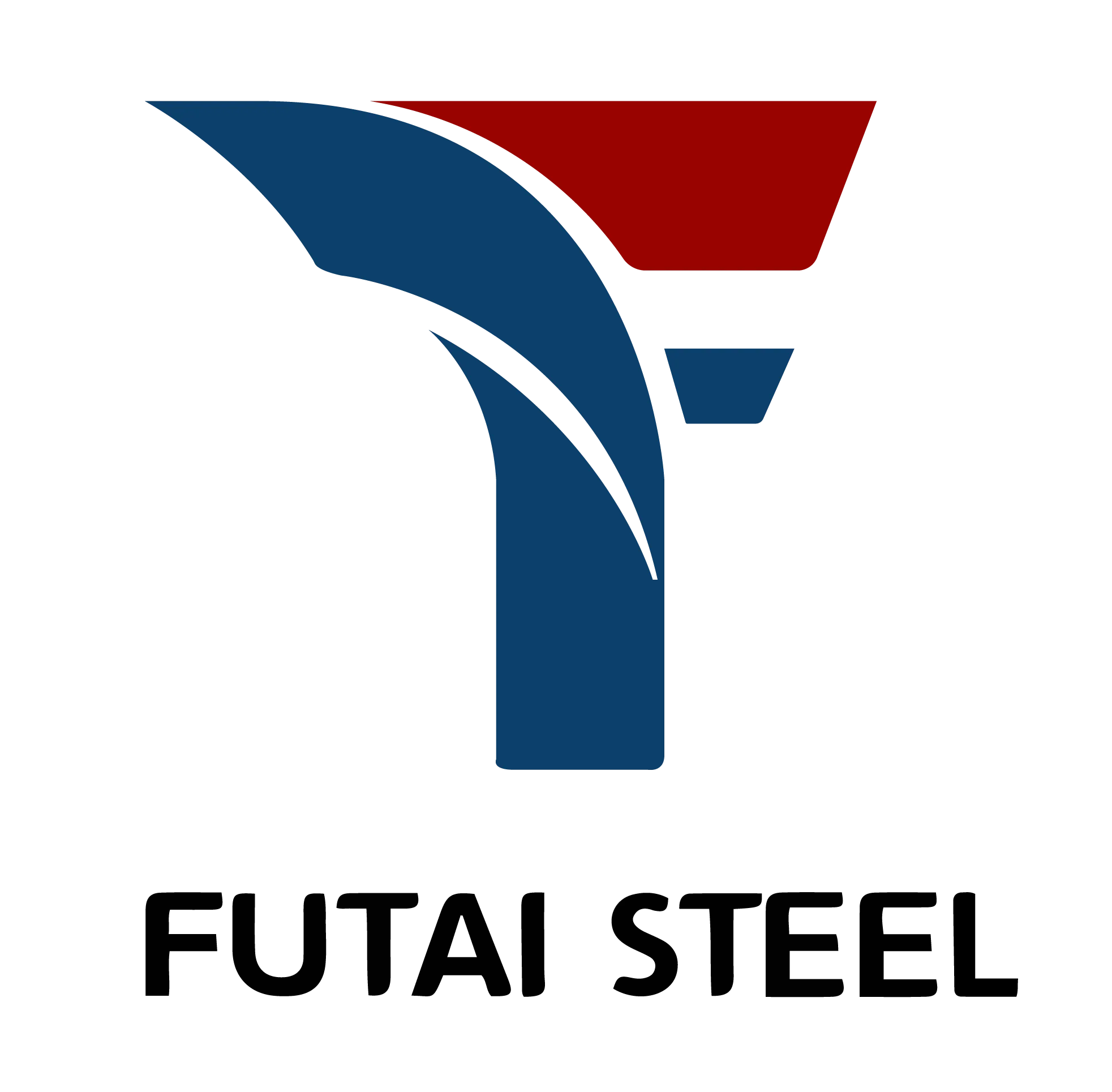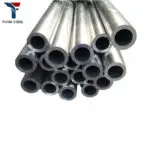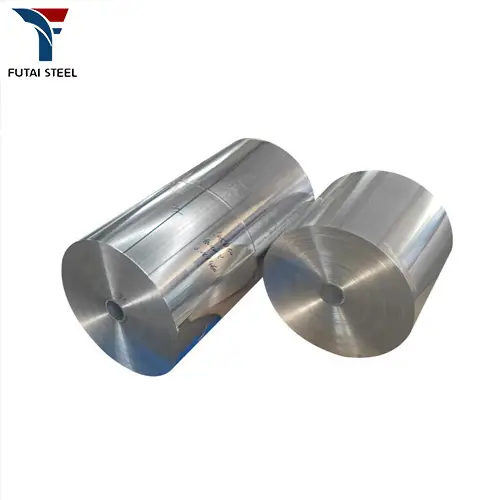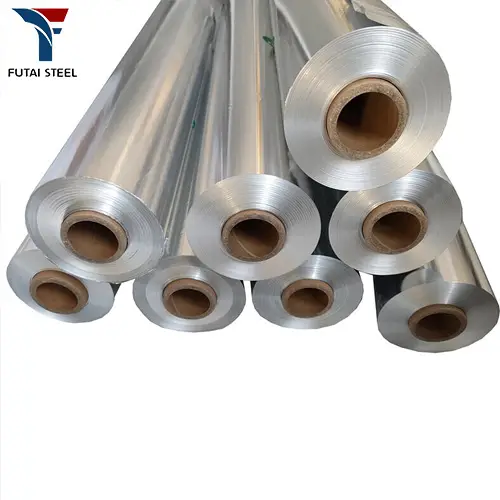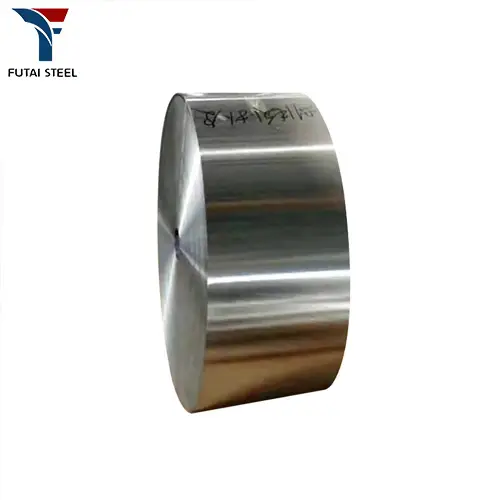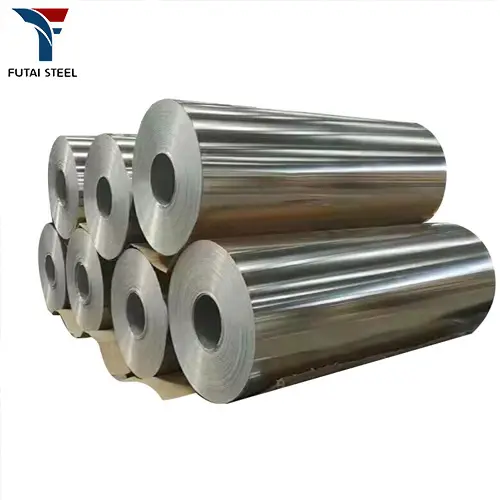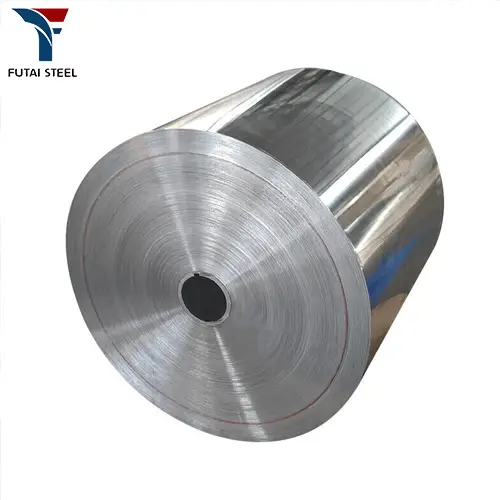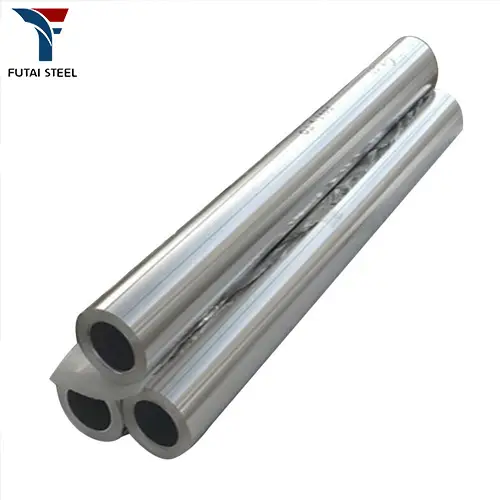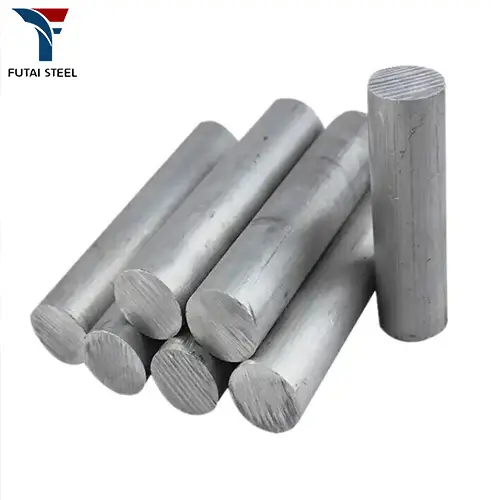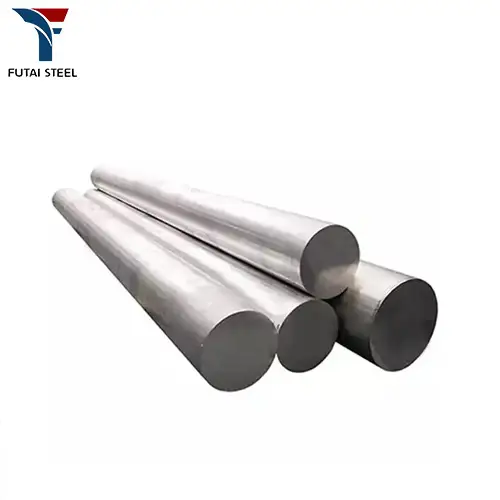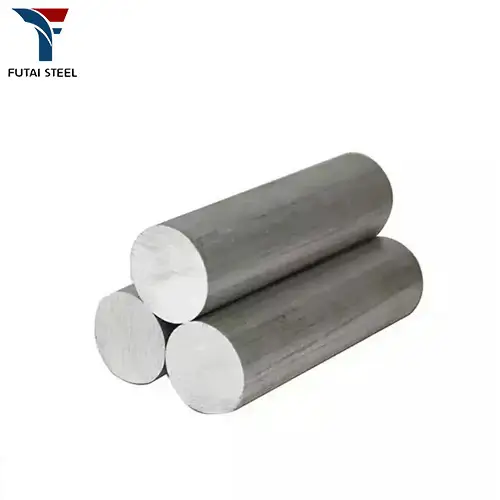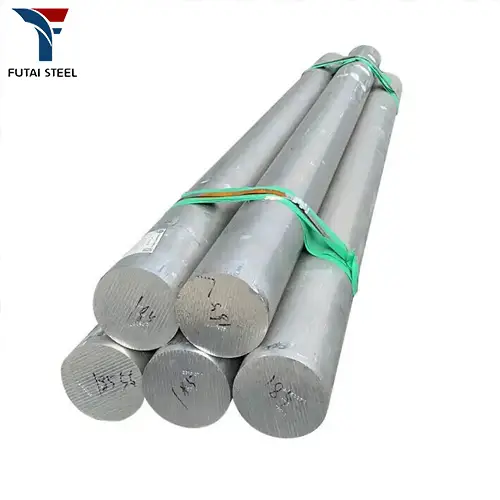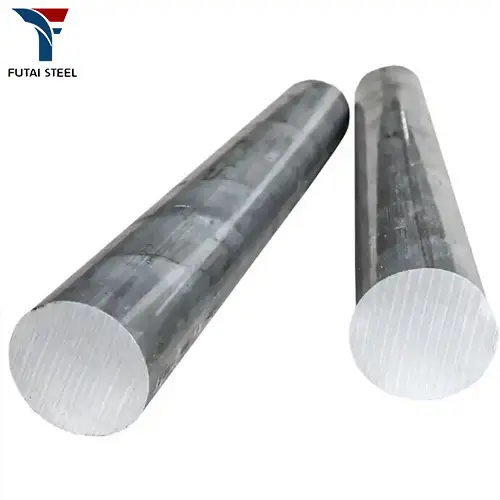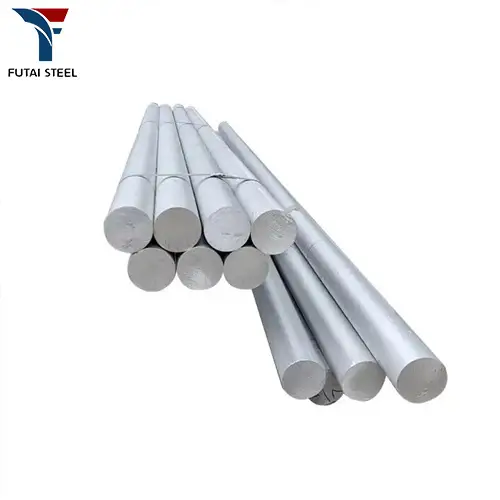Product Center
/ Product
Navigation
Aluminum pipe is a hollow, cylindrical structure made from aluminum or aluminum alloy. Known for its lightweight, corrosion resistance, and strength, it finds diverse applications in industries such as automotive, aerospace, plumbing, and construction. Its smooth surface facilitates fluid flow, while its durability ensures longevity in demanding environments. Aluminum pipe is also easy to work with, allowing for versatile design solutions.
Send Us A Message
- Aluminum foil is a thin, flexible sheet of aluminum metal, typically less than 0.2mm thick. It is known for its lightweight nature, excellent barrier properties, and high thermal conductivity. Aluminum foil is widely used in packaging, insulation, and cooking due to its ability to resist moisture, light, and heat. Its versatility, ease of handling, and recyclability make it a preferred material for numerous applications.
- Aluminum foil is a thin, flexible sheet of aluminum metal, typically less than 0.2mm thick. It is known for its lightweight nature, excellent barrier properties, and high thermal conductivity. Aluminum foil is widely used in packaging, insulation, and cooking due to its ability to resist moisture, light, and heat. Its versatility, ease of handling, and recyclability make it a preferred material for numerous applications.
- Aluminum foil is a thin, flexible sheet of aluminum metal, typically less than 0.2mm thick. It is known for its lightweight nature, excellent barrier properties, and high thermal conductivity. Aluminum foil is widely used in packaging, insulation, and cooking due to its ability to resist moisture, light, and heat. Its versatility, ease of handling, and recyclability make it a preferred material for numerous applications.
- Aluminum foil is a thin, flexible sheet of aluminum metal, typically less than 0.2mm thick. It is known for its lightweight nature, excellent barrier properties, and high thermal conductivity. Aluminum foil is widely used in packaging, insulation, and cooking due to its ability to resist moisture, light, and heat. Its versatility, ease of handling, and recyclability make it a preferred material for numerous applications.
- Aluminum foil is a thin, flexible sheet of aluminum metal, typically less than 0.2mm thick. It is known for its lightweight nature, excellent barrier properties, and high thermal conductivity. Aluminum foil is widely used in packaging, insulation, and cooking due to its ability to resist moisture, light, and heat. Its versatility, ease of handling, and recyclability make it a preferred material for numerous applications.
- Aluminum foil is a thin, flexible sheet of aluminum metal, typically less than 0.2mm thick. It is known for its lightweight nature, excellent barrier properties, and high thermal conductivity. Aluminum foil is widely used in packaging, insulation, and cooking due to its ability to resist moisture, light, and heat. Its versatility, ease of handling, and recyclability make it a preferred material for numerous applications.
- An aluminum bar is a long, rectangular-shaped piece of aluminum metal, characterized by its lightweight yet strong properties. It offers excellent corrosion resistance and good conductivity, making it versatile for various applications. Aluminum bars are commonly used in construction, machinery, and electrical industries for framing, structural support, and as conductive elements due to their ease of machining and welding.
- An aluminum bar is a long, rectangular-shaped piece of aluminum metal, characterized by its lightweight yet strong properties. It offers excellent corrosion resistance and good conductivity, making it versatile for various applications. Aluminum bars are commonly used in construction, machinery, and electrical industries for framing, structural support, and as conductive elements due to their ease of machining and welding.
- An aluminum bar is a long, rectangular-shaped piece of aluminum metal, characterized by its lightweight yet strong properties. It offers excellent corrosion resistance and good conductivity, making it versatile for various applications. Aluminum bars are commonly used in construction, machinery, and electrical industries for framing, structural support, and as conductive elements due to their ease of machining and welding.
- An aluminum bar is a long, rectangular-shaped piece of aluminum metal, characterized by its lightweight yet strong properties. It offers excellent corrosion resistance and good conductivity, making it versatile for various applications. Aluminum bars are commonly used in construction, machinery, and electrical industries for framing, structural support, and as conductive elements due to their ease of machining and welding.
- An aluminum bar is a long, rectangular-shaped piece of aluminum metal, characterized by its lightweight yet strong properties. It offers excellent corrosion resistance and good conductivity, making it versatile for various applications. Aluminum bars are commonly used in construction, machinery, and electrical industries for framing, structural support, and as conductive elements due to their ease of machining and welding.
- An aluminum bar is a long, rectangular-shaped piece of aluminum metal, characterized by its lightweight yet strong properties. It offers excellent corrosion resistance and good conductivity, making it versatile for various applications. Aluminum bars are commonly used in construction, machinery, and electrical industries for framing, structural support, and as conductive elements due to their ease of machining and welding.
